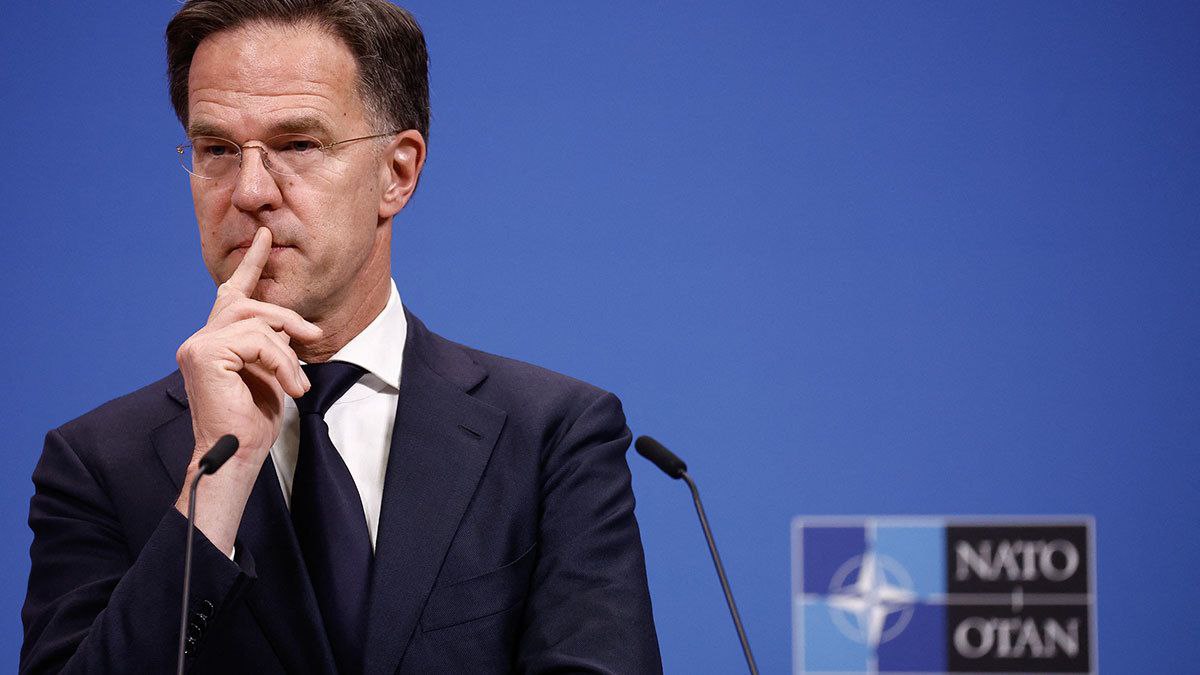NATO Secretary General Rutte to Urge Washington Against Pressuring Ukraine for Peace Deal During US Visit

NATO Secretary General Jens Stoltenberg’s planned visit to the United States on April 24–25, 2025, has sparked considerable attention as he prepares to deliver a crucial message regarding the ongoing conflict in Ukraine. According to sources from the Financial Times, Stoltenberg aims to urge Washington not to pressure Kyiv into agreeing to a peace deal with Russia that goes against Ukraine’s will. This stance comes amid growing international concerns over the future of the conflict and the potential for a forced resolution.
The visit, set to include high-level discussions with US government officials, will focus primarily on the trajectory of NATO’s support for Ukraine in its defense against Russian aggression. Stoltenberg’s appeal to the United States aligns with broader concerns within NATO that any peace settlement must prioritize Ukraine's sovereignty and territorial integrity, without external coercion or compromise that undermines its strategic position.
Stoltenberg’s concerns come in the wake of increasing pressure from various global actors, particularly in the West, to seek a negotiated settlement. While some view diplomatic engagement as a pathway to avoid prolonged conflict, NATO’s stance remains firm on supporting Ukraine in its right to self-determination. The United States, a key NATO member, has played a significant role in providing military and economic assistance to Kyiv, though the situation has raised debates on the balance between military aid and diplomatic negotiations.
One of the key messages Stoltenberg plans to communicate is that peace negotiations should only take place when Ukraine is ready and when the terms reflect the country’s own interests. The NATO chief’s position underscores the alliance’s dedication to preserving the democratic values of its member states and ensuring that no external party dictates terms that undermine Ukraine’s autonomy.
US President Joe Biden’s administration has been caught in a delicate balancing act, as it seeks to support Ukraine’s defense while also navigating global concerns about the economic and geopolitical consequences of a protracted war. The Biden administration has been vocal about its commitment to Ukraine’s sovereignty but faces pressure from some European leaders and international voices urging for a swift end to the conflict through diplomatic means.
As the international community watches closely, Stoltenberg’s visit to Washington is seen as a critical moment for NATO’s unity and its long-term strategy in the face of Russia’s invasion of Ukraine. NATO’s ability to maintain a unified front while respecting Ukraine’s decision-making autonomy will likely define the alliance’s effectiveness in the years to come. The Secretary General’s position is likely to resonate with many within the alliance who fear that any compromise with Russia could set a dangerous precedent.
The coming days will reveal the outcomes of these high-level discussions, as NATO and the US continue to navigate the complex and sensitive situation surrounding Ukraine. With no clear end in sight for the conflict, Stoltenberg’s visit will be an opportunity for both NATO and the United States to reaffirm their commitment to Ukraine’s sovereignty while exploring viable paths to long-term peace. How these diplomatic talks unfold will have a lasting impact on global security and the future of NATO’s strategic objectives.

